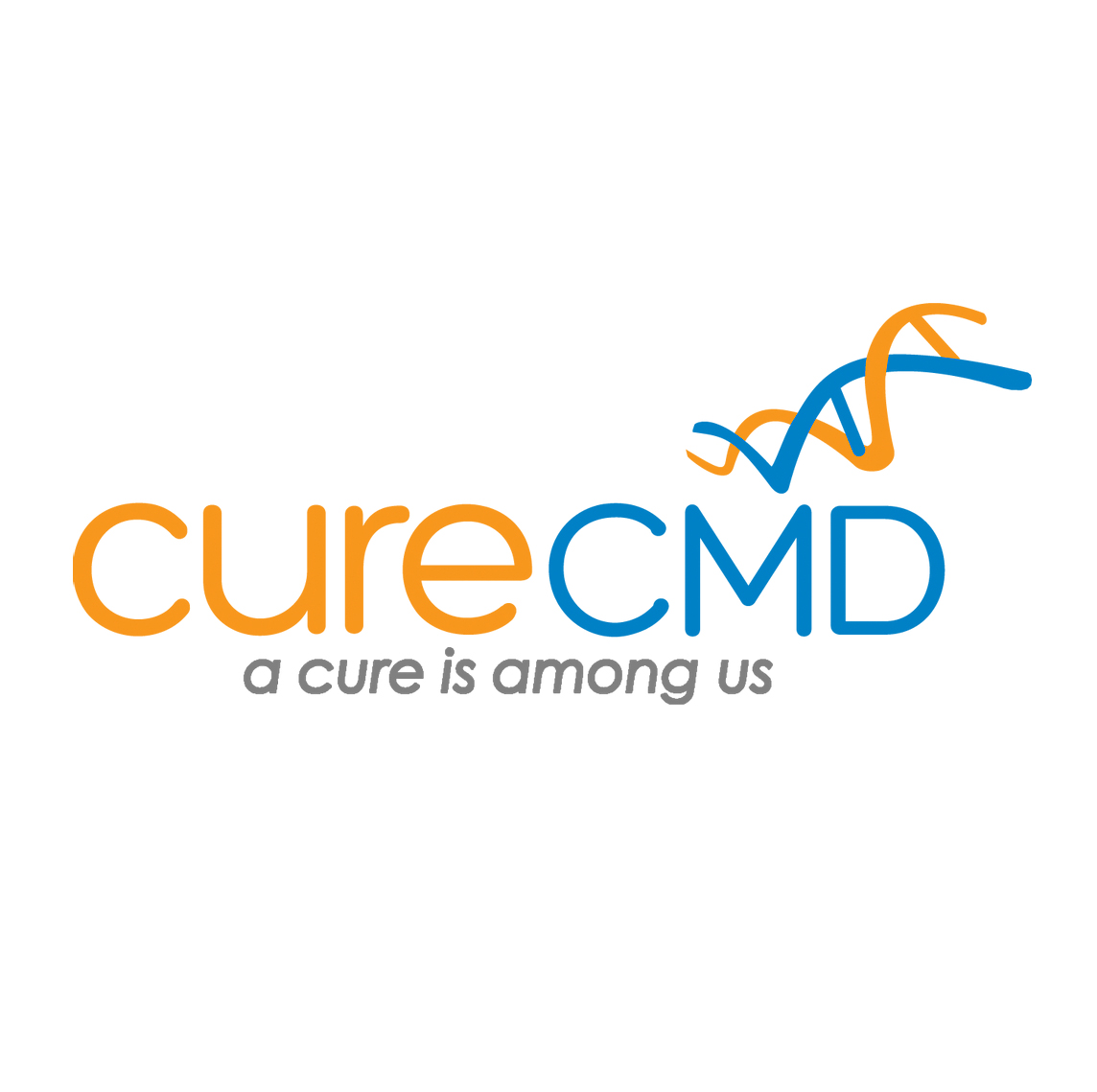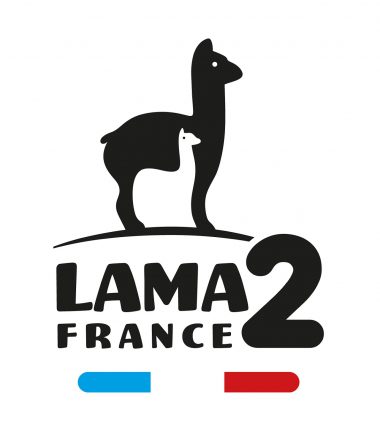Modalis Therapeutics advances a novel gene therapy for LAMA2-CMD
Modalis Therapeutics has made significant strides in developing a gene therapy technology aimed at treating LAMA2-congenital muscular dystrophy (LAMA2-CMD).
Earlier this year, the company released promising preclinical findings based on studies conducted in mice and non-human primates (monkeys). These studies have demonstrated the potential efficacy and safety of their approach, marking a pivotal step towards potential future clinical trials in humans.
Breakthrough Preclinical Results
Modalis Therapeutics reported encouraging results from their preclinical studies involving both mice and monkeys. In mice with LAMA2-CMD, administration of the MDL-101 gene therapy led to sustained upregulation of the LAMA1 gene in skeletal muscles. This enhancement significantly improved muscle function, extended lifespan, and increased body weight in the treated mice for up to 12-months after the treatment.
Subsequently, the gene therapy was evaluated in healthy monkeys to assess its safety profile. The results indicated successful targeting of muscular tissues without adverse effects, underscoring the therapy’s potential safety for future studies.
Small Doses, Enhanced Safety, and Cost Reduction
One of the notable advancements by Modalis Therapeutics is the development of their gene therapy approach that requires smaller doses. This innovation not only enhances safety but also has the potential to reduce the overall cost of therapy. Modalis now aim to raise additional funds to potentially explore the progression towards additional animal studies, paving the way to eventual clinical trials.
About Modalis Therapeutics
Modalis Therapeutics, headquartered in Tokyo with research facilities in Waltham, Massachusetts, is at the forefront of genetic medicine development. The company focuses on utilizing CRISPR-GNDM® technology to advance precision therapies for rare genetic disorders, aiming to transform patient outcomes and quality of life.
How Does MDL-101 Gene Therapy Work?
MDL-101 gene therapy based on CRISPR technology, designed to increase the expression of the comepnsatory LAMA1 gene in muscle tissues. This approach aims to compensate for the mutation in LAMA2, potentially offering therapeutic benefits. This approach is similar to the one developed by Dr Dwi Kemaladewi. For more details on this compensatory gene therapy appraoch, please refer to this article.
Modalis Therapeutics continues to lead the way in pioneering gene therapy solutions, offering hope to patients and families affected by LAMA2-CMD worldwide. For further updates and information, please visit Modalis Therapeutics.






